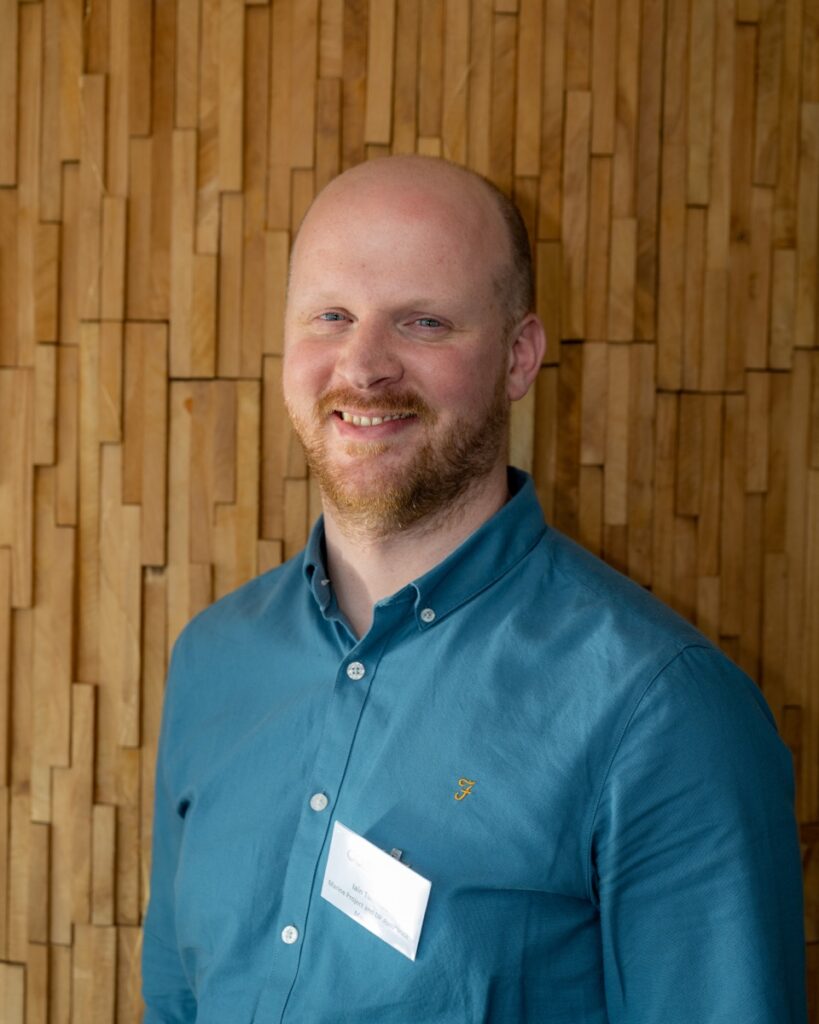By Iain Turnbull, Marine Project and DP Assurance Manager, Seacroft Marine Consultants

When people think of the offshore energy industry, the first thing that usually comes to mind is oil and gas production. However, whilst the oil and gas sector may have paved the way for safe operations offshore and is where the roots of our business as marine consultants lie, we are now engaged in a far broader scope of work for both existing and new clients in the offshore renewables and new technology sectors.
As the offshore energy market moves to more sustainable solutions, the daily workload of a marine consultant has changed to include a far broader scope of vessels and projects focused on the offshore renewables industry. This includes supporting clients engaged in employing ground-breaking new marine technology which would not have been considered possible only a short time ago, including autonomous vessels for both surface and subsea operations – the marine equivalent of a commercial drone.
What does a marine consultant do?
The challenges of operating safely and in an environmentally responsible way remain the same, which is where I come in as a marine consultant.
My job is to ensure that our clients’ vessels meet company, industry and regulatory compliance. This can involve conducting audits, training, trials and developing procedures or reviewing how new technology can be developed to meet existing regulations. Sometimes our clients’ technology is so new that we marine consultants get involved in helping to write these regulations from scratch.
I am also involved in developing marine assurance guidelines which set out safe working practices for the vessel crew as well as protecting the environment. It is a challenging but rewarding role, and I wouldn’t have it any other way!
Safety is paramount to everything we do. The marine industry operates in an environment where hazards are not too far away, so it is important that properly documented safety procedures are in place. Part of what a marine consultant does is to make sure that these procedures are clear, relevant and being used onboard correctly by onboard personnel.
I also have a duty to ensure that vessels are operating in compliance with industry standards. This involves visiting our clients’ marine assets and reporting on safety and environmental issues, assessing vessel crew qualifications, training and working with our clients to ensure that safety procedures and compliance are continually met.
In my role, I am involved in conducting vessel inspections in accordance with the Marine Safety Forum (MSF), and the Oil Companies International Marine Forum (OCIMF) for its Offshore Vessel Inspection Database (OVID). Other organisations for which I conduct audits and inspections under include the International Marine Contractors Association which maintains an online database of offshore vessels.
As more and more power generation moves into the offshore environment, the capacity of vessels servicing this industry to hold position accurately whilst conducting work becomes more and more vital.
Dynamic positioning, DP for short, is the ability of a vessel to hold its position within very small tolerances without anchor or other mooring systems. This is achieved by using its own power and control systems, such as thrusters and stabilisers, for fine-tuned manoeuvres. These are complex systems, both mechanically and electrically but it allows vessels the ability to operate in areas where there are no mooring systems available or the water is too deep to anchor.
As you can imagine, method statements and comprehensive procedures need to be followed. The work of a marine consultant in this area involves not only verifying the capability of a specific vessel to the task in hand, but also conducting mandatory annual and five yearly trials in line with the vessel’s Failure Modes and Effect Analysis (FMEA) to ensure that the system will operate safely and within industry regulation.
Marine consultants also address the procedures and compliance of rig moves and FPSO mooring operations, off-take tanker operations, supply and cargo operations as well as procedures for diving and ROV operations, offshore pipe and cable laying and walk-2-work gangways.
Ultimately, my role is to ensure that vessels are safe and compliant and that their crew are properly trained and qualified for the tasks at hand. Seacroft marine consultants has been in this business for a long time and have a long history of leading the way in our field and I’m proud to be part of a team that works hard to keep everyone safe – both onboard the vessels and on the offshore installations.
